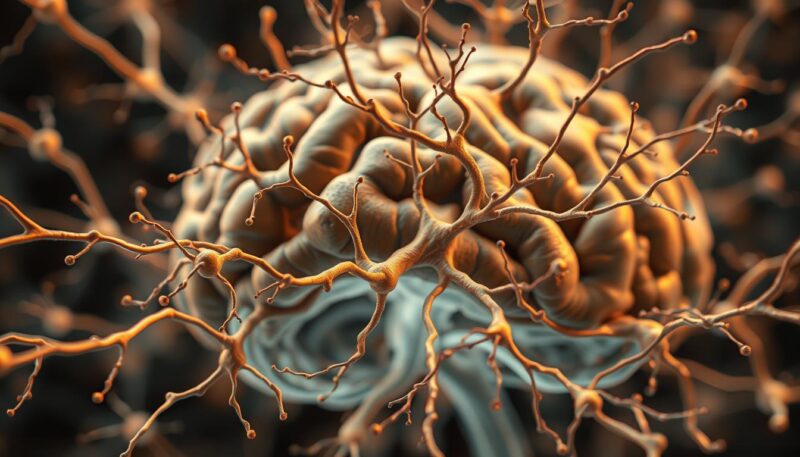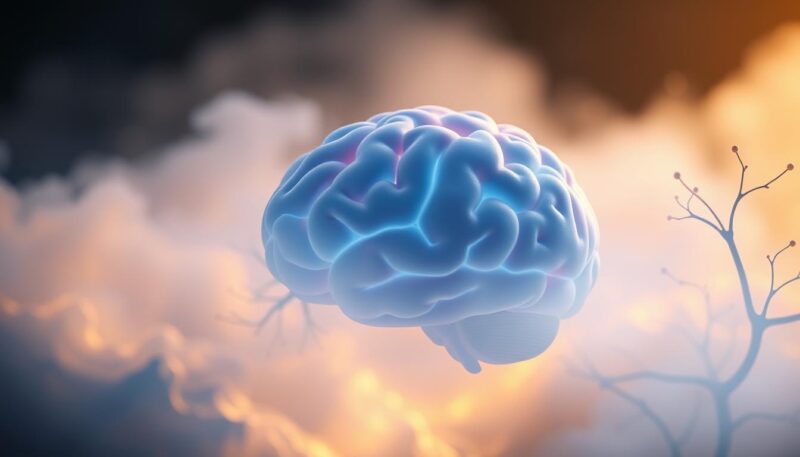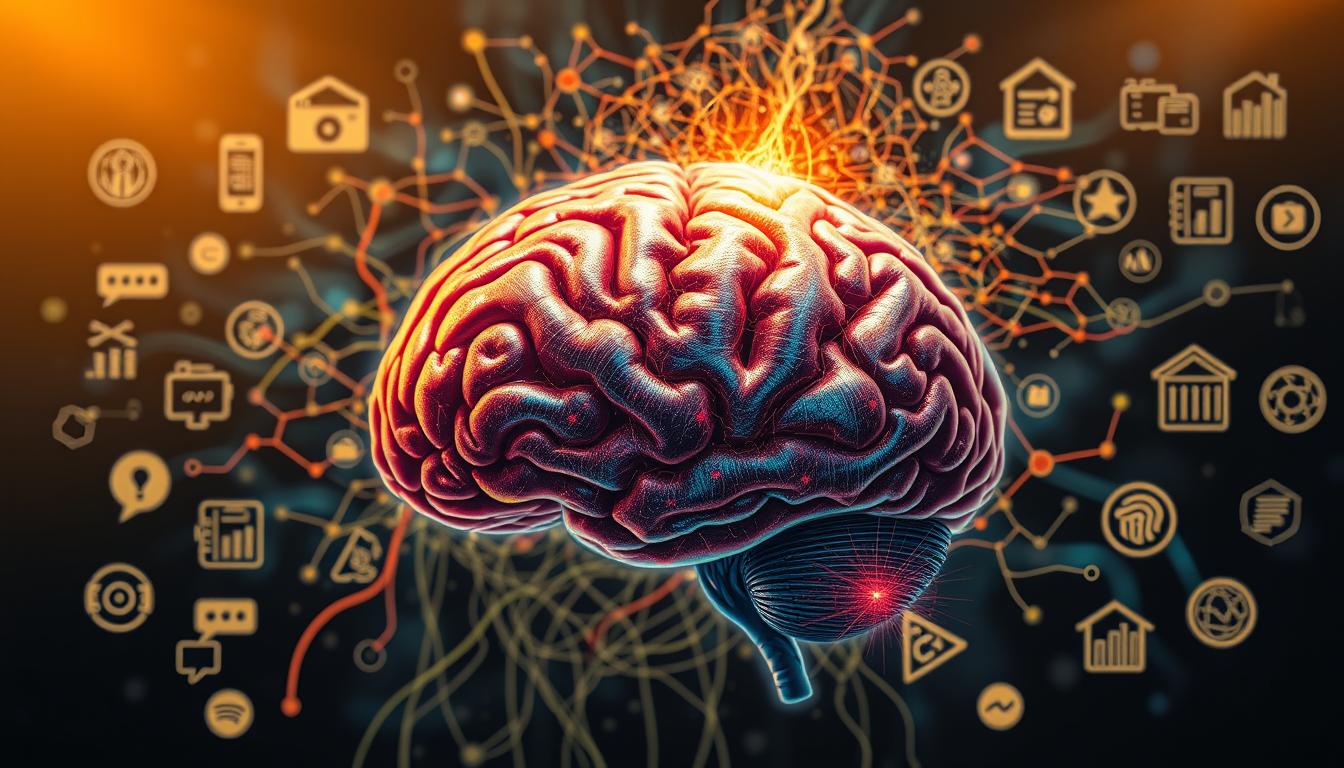The human brain, often described as the most complex organ in the body, functions as a vital control center, orchestrating everything from your thoughts and emotions to movement and sensation. Despite extensive research, neuroscience continues to unveil astonishing capabilities that can leave even the most learned individuals in awe. In this article, you will discover ten surprising facts about the human brain that highlight its intricate nature, such as the remarkable statistics surrounding its composition and functionality.
Understanding these intriguing brain statistics will not only illuminate your knowledge about this crucial organ but also underscore the importance of maintaining brain health. As you delve into these fascinating facts, you will gain valuable insights into how your brain operates, its abilities, and how you can nurture your cognitive abilities for improved overall well-being.
The Brain: An Intricate Organ
The human brain is a complex structure with remarkable characteristics that define our cognitive abilities. Composed of a unique mixture of fat and water, this intricate organ weighs about three pounds and performs countless functions that impact your daily life. Understanding its brain composition sheds light on how neuroscience discoveries continue to unveil the secrets hidden within this organ, providing valuable cognitive science insights.
Understanding Brain Composition
Approximately 60% of the brain consists of fat, making it the fattiest organ in your body. This composition plays a critical role in ensuring optimal brain performance. Below are some key brain statistics that illustrate its fascinating structure:
- The brain comprises around 40% water, protein, carbohydrates, and salts.
- It contains about 86 billion neurons, establishing a vast network of communication.
- Gray matter primarily processes and interprets information, while white matter is essential for transmitting signals within the nervous system.
- The cerebral cortex, responsible for higher brain functions, accounts for nearly half of the brain’s weight.
Weight and Size do not Determine Intelligence
Intriguing brain statistics reveal that size and weight do not equate to intelligence. Despite most adult brains weighing around three pounds, research indicates no direct correlation between brain size and cognitive abilities. This understanding demystifies common misconceptions that larger brains signify greater intelligence. Notably, brain development continues until approximately age 25, which contributes to the late maturation of critical areas responsible for planning and reasoning.
Surprising Facts About the Human Brain
Your brain is an astonishingly complex organ, housing about 86 billion neurons. This vast network connects through trillions of synapses to support various brain functions. Each neuron can potentially establish up to 1 quadrillion connections, all contributing to your memory, skills, and overall cognitive abilities. The intricacies of these connections play a vital role in how effectively your brain operates.
Neurons and Synapses: A Vast Network
The brain’s intricate design promotes efficient information processing. About 75% of the brain consists of water, highlighting the importance of hydration for optimal cognitive functions. Dehydration can impair attention and memory skills, significantly affecting your cognitive abilities. Additionally, brain activity is continuously at work, reaching impressive speeds of up to 250 miles per hour when neurons communicate. This activity articulates how engaged your brain remains, contradicting the myth that you only use 10% of it. In fact, neurological research has debunked this myth, affirming that nearly all parts of the brain are utilized throughout daily activities, even during sleep.
Brain Activity: Always On
Studies indicate that brain activity patterns are unique to each individual, much like fingerprints. Such distinctiveness showcases the brain’s adaptability and capability in various situations. It is fascinating to learn that the human brain consumes about 20% of the total energy and oxygen in the body despite comprising only about 2% of body weight. This underlines its constant operational state, which significantly influences cognitive abilities. While your brain’s weight is about three pounds, it requires proper maintenance through sleep, hydration, and nutrition to sustain optimal function.

The Power of Sleep and Brain Maintenance
Sleep plays a fundamental role in brain maintenance, directly influencing cognitive function and overall health. Adequate rest is essential to keep your mental pathways robust and efficient. Many individuals struggle to achieve enough sleep, resulting in various health concerns linked to cognitive deficits and emotional well-being.
Rest is Crucial for Cognitive Function
A lack of sleep poses serious risks. Studies reveal chronic sleep deprivation can increase the chances of high blood pressure by 30% and amplify risks for cardiovascular disease and diabetes. Insufficient sleep can also worsen mood disorders, contributing to a 25% increase in depression. Children and teens require about 9.5 hours, while grown adults need between 7 to 9 hours each night for optimal cognitive function. Despite this, over 71% of Americans report sleeping less than the recommended amount on weekdays, which can hinder brain maintenance.
Brain Energy Usage
Your brain operates on a mere 20 watts of energy, akin to a small light bulb, emphasizing its dependence on sleep for replenishment and optimal performance. During high mental activity, energy consumption can soar, consuming significant amounts of glucose and oxygen. Sleep facilitates vital cleansing processes, allowing the glymphatic system to eliminate toxic metabolites like beta-amyloid. Neuroplasticity research indicates that such restorative processes during sleep adapt and strengthen brain circuits, further enhancing cognitive abilities and mitigating risks associated with neurodegenerative conditions.

Conclusion
Exploring your brain’s remarkable capabilities reveals a wealth of fascinating brain facts that can change how you view your mental health and cognitive functions. The intricate nature of this organ, weighing an average of three pounds, is just the beginning of what makes it so essential to your daily life. From the cerebrum’s dominance in weight to the staggering number of neurons packed within, these neuroscience discoveries remind you of the importance of nurturing your brain.
Maintaining a healthy brain isn’t merely about knowing these statistics; it’s about adopting better habits that can enhance your brain functions. Emphasizing nutrition, ensuring adequate sleep, and engaging in mentally stimulating activities can significantly improve your cognitive performance. These steps will not only promote brain health but also mitigate risks associated with conditions such as Alzheimer’s disease, which affects millions globally.
Taking care of your brain is a lifelong commitment to improved mental wellness. The next time you think about your health, consider the role your brain plays in it. Understanding both its vulnerabilities and extraordinary potential can empower you to develop habits that foster a healthier brain and, consequently, a healthier you.
